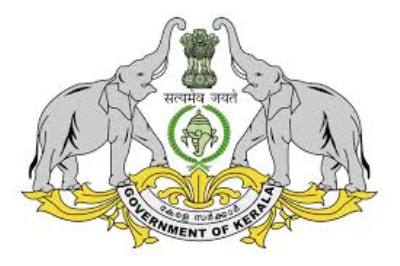State Assembly’s Resolution on Keralam
In the lush landscapes of southern India, the state of Kerala, known as “God’s Own Country”, is looking to reclaim its traditional identity. Kerala, in the local Malayalam language, has always been called “Keralam”. This name has been deeply intertwined with the region’s culture and heritage, and there’s now a push to make this traditional name official.
Initiating Change
Recently, the Kerala Chief Minister moved a resolution in the state assembly seeking to rename Kerala to its traditional Malayalam moniker, “Keralam”. The state’s legislative body, understanding the profoundness of this change, passed the resolution unanimously.
Constitutional Pathways
The journey to renaming a state is steeped in constitutional procedures. The Constitution, under Article 3, deals with the renaming or changing the names of existing states. This ensures that any such changes are grounded in legal protocols and given due consideration.
Historical Significance
Historically, the states of India were formed based on linguistic criteria. This monumental restructuring occurred on November 1, 1956. Signifying the importance of this day, Kerala celebrates “Kerala Day” on this very date each year.
Constitutional References
In India’s Constitution, the First Schedule meticulously lists all the states and Union Territories, elucidating their territorial jurisdictions. As of now, it mentions the state as “Kerala”. Moreover, the Eighth Schedule of the Constitution identifies 22 official languages of India, celebrating the country’s linguistic diversity.
Revisiting Names
Over the past five years, there has been a nationwide trend to revert to original names, with the Centre approving the renaming of seven cities and towns. Notably, Kerala itself has returned several of its cities to their original names. The capital, previously known internationally as Trivandrum, now proudly goes by its traditional name, “Thiruvananthapuram”.
Month: Current Affairs - August, 2023
Category: India Nation & States Current Affairs


